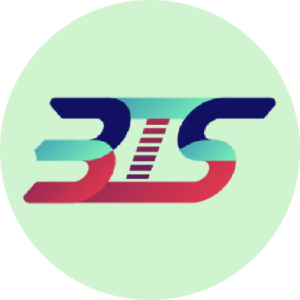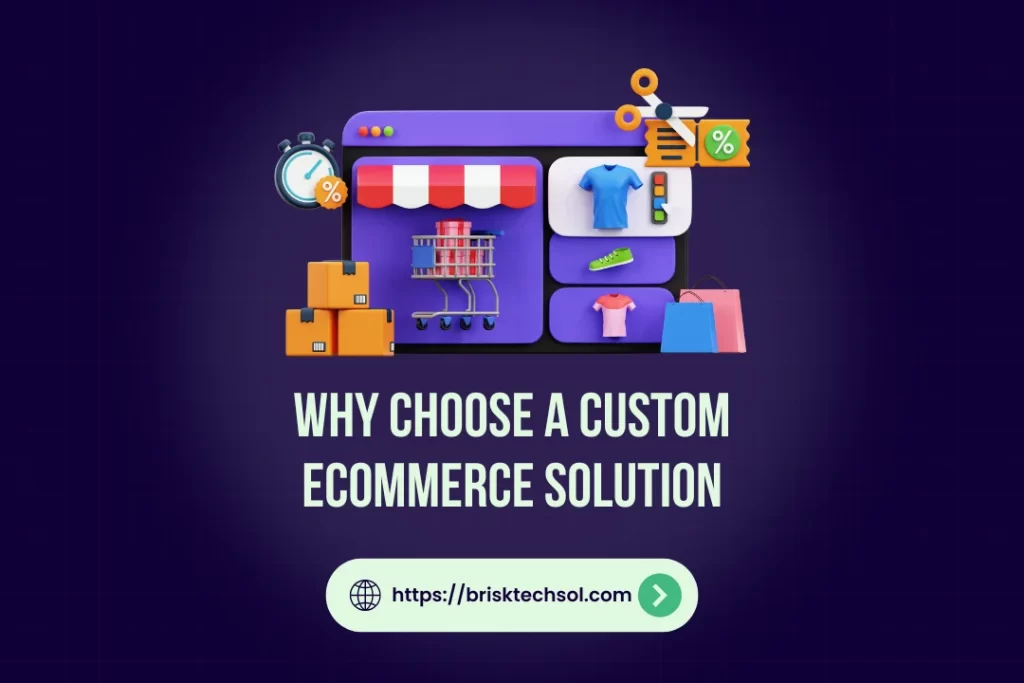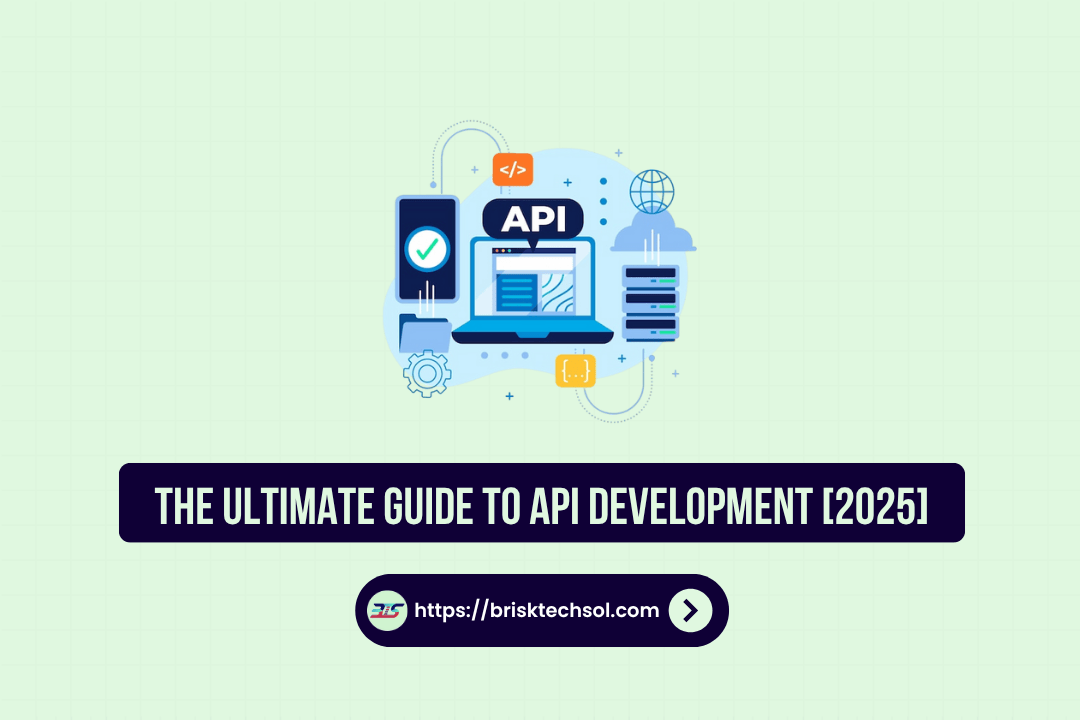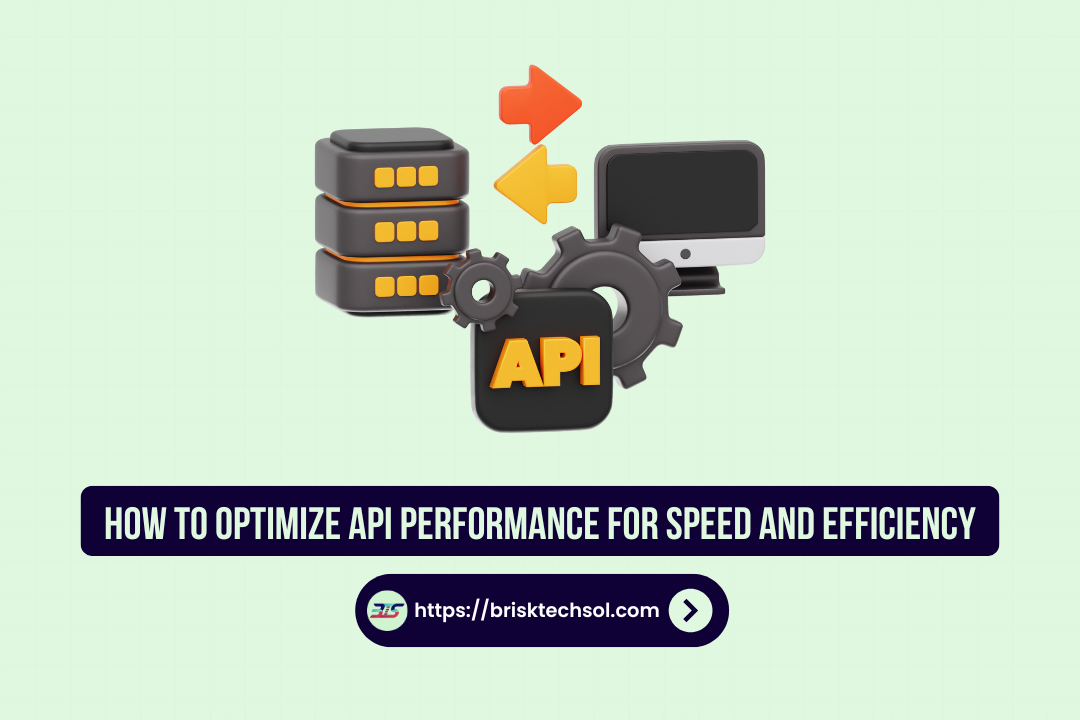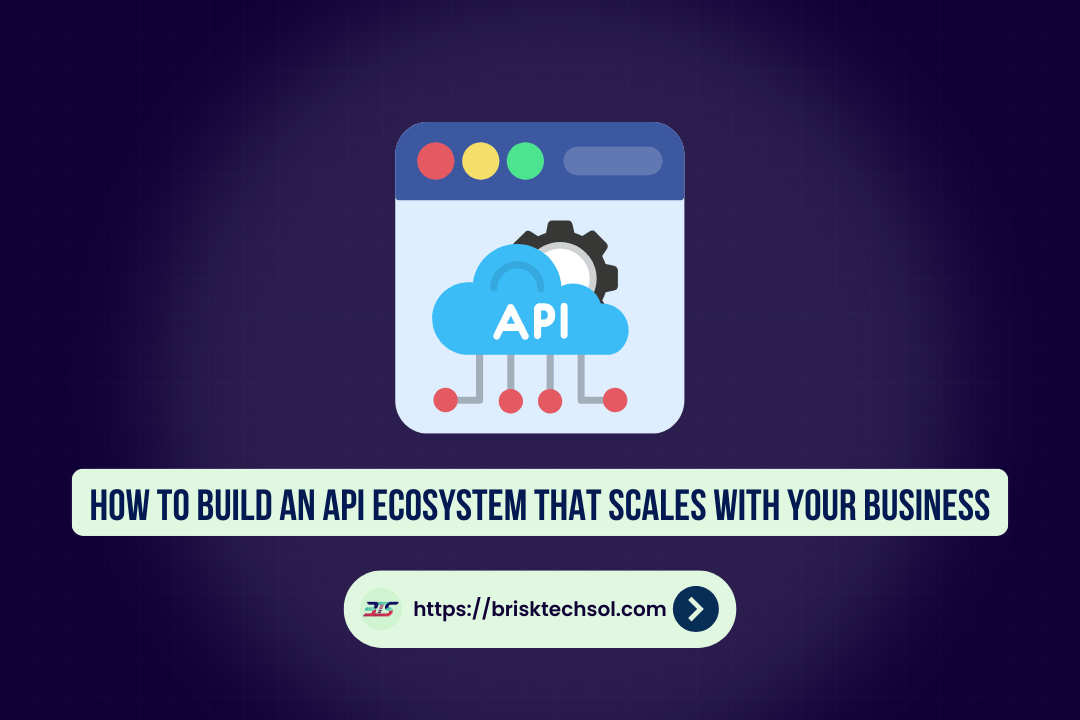As eCommerce continues to grow, businesses often find that standard platforms can’t meet their unique needs. Custom eCommerce solutions offer a tailored approach, providing full control over branding, scalability, and integrations to support long term growth and a unique customer experience. In this article, we’ll explore the benefits, features, and key considerations for developing a custom eCommerce platform.
Why Businesses Choose Custom eCommerce Solutions
Custom eCommerce solutions offer a level of flexibility and control that traditional platforms simply can’t match. Here are a few reasons why businesses often make the switch:
Flexibility and Scalability
Pre-built platforms, while convenient, are often limited in scalability and flexibility. Custom solutions, however, are designed to grow with the business. This adaptability is especially useful for businesses with specific needs or seasonal product lines.
Unique Branding and User Experience
A custom platform allows for complete control over design and branding. This means a unique user experience that aligns perfectly with brand identity and customer expectations.
Integration with Business Operations
From customer relationship management (CRM) systems to advanced analytics tools, a custom platform can seamlessly integrate with various business operations, boosting efficiency and enabling data-driven decision-making.
For example, businesses like fashion retailers and B2B companies with complex inventory management have leveraged custom solutions to stand out in a crowded online marketplace.
| Feature | Custom eCommerce Solutions | Off-the-Shelf Platforms |
|---|---|---|
| Scalability | Highly scalable | Limited (may need upgrades) |
| Customization | Full customization | Limited to templates |
| Cost | Higher initial investment | Lower initial cost |
| Branding Options | Complete branding control | Limited by platform |
| Integration | Flexible integrations possible | Limited to platform options |
| Security | Advanced, custom security | Basic, may need add-ons |
Key Point
Top Features of a Custom eCommerce Solution
An effective custom eCommerce solution goes beyond standard functionality, offering features that address a business’s unique requirements. Here are some of the most popular features to consider:
Customizable User Interface (UI)
Custom eCommerce solutions allow businesses to create a UI that is not only on-brand but also user-friendly. This could include personalized layouts, color schemes, and interactive elements that align with brand messaging and enhance user engagement.
Advanced Product Management
For companies with large or complex product inventories, custom eCommerce solutions offer tailored product management features. This might include bulk editing, custom categorization, and multi-language support, enabling smooth inventory control and improved user navigation.
Integrated Payment Gateways
Instead of relying on generic payment options, a custom platform allows businesses to integrate specific payment methods that align with customer preferences. This may involve including international payment gateways or local options, all with secure processing.
Optimized for SEO and Marketing
A custom solution can be designed with SEO in mind from the start, allowing for custom metadata, URLs, and page structures. Integrated analytics tools and social media integration further support marketing efforts, enabling businesses to track customer behavior and optimize campaigns.
Mobile Responsiveness
With the majority of eCommerce transactions happening on mobile devices, having a mobile-responsive design is essential. Custom solutions ensure that the platform is optimized for mobile devices, enhancing user experience and improving search engine rankings.
Custom Shopping Cart and Checkout Process
Custom solutions allow for tailored shopping carts and checkout flows, reducing cart abandonment rates. Businesses can implement flexible tax and shipping rules, guest checkouts, and other features that streamline the purchase process.
API Integrations
A custom eCommerce solution can integrate with essential third-party tools such as CRM, ERP, and accounting software, providing a seamless connection between sales data and business operations. Popular APIs for integration include Salesforce, QuickBooks, and various shipping providers.
Advanced Security Features
Security is paramount in eCommerce. Custom solutions can include advanced security features, like data encryption, PCI compliance, and fraud detection systems, ensuring that customer data remains safe and secure.
Key Point
Advantages of Custom eCommerce Solutions
Off the shelf eCommerce platforms, such as Shopify, WooCommerce, and BigCommerce, are popular choices for small businesses. However, they come with limitations that can restrict growth and customization:
Limited Customization Options
Pre-built platforms offer templates and limited customization options, making it difficult for businesses to create unique, branded experiences.
Transaction Fees and Hidden Costs
Many platforms charge transaction fees or require businesses to pay for additional features, which can add up over time.
Scalability Challenges
Businesses experiencing rapid growth may find that their off-the-shelf solution lacks the infrastructure to handle increased traffic and complex inventories.
Key Point
Key Considerations When Developing a Custom eCommerce Solution
Creating a custom eCommerce platform involves careful planning and collaboration with development partners. Here are essential considerations to keep in mind:
Defining Business Goals and Requirements
Start by identifying the core objectives for your platform. Are you focused on scalability, branding, specific integrations, or a unique user experience? Clear goals help guide the development process and ensure the final product meets business needs
Choosing the Right Development Partner
Look for a development agency with a strong portfolio in eCommerce. Experience in your industry and a history of successful projects are good indicators of a reliable partner.
Budgeting and Timeline
Custom eCommerce solutions require a larger investment than off-the-shelf options, so it’s crucial to create a realistic budget and timeline. Include allowances for future updates and unexpected expenses.
Maintenance and Scalability
A custom platform is a long-term investment, so maintenance and scalability should be priorities. Make sure the development team provides support post-launch and is prepared to assist with updates and scaling as needed.
Testing and Optimization
Before launching, conduct thorough testing to ensure that the platform is optimized for performance and usability. A/B testing on elements like checkout flow, UI, and mobile functionality can help identify areas for improvement.
| Consideration | Explanation |
|---|---|
| Business Goals | Define core objectives for the platform |
| Development Partner | Look for agencies with a proven track record in eCommerce |
| Budgeting | Consider development and post-launch maintenance costs |
| Scalability | Confirm the platform can scale as the business grows |
| Testing | Regular testing improves usability and customer experience |
Key Point
Key Points
- Custom eCommerce solutions offer unique advantages in scalability, branding, and functionality.
- They require a larger initial investment but pay off with greater flexibility and a tailored user experience.
- Advanced Integrations: Custom platforms integrate seamlessly with essential tools like CRM, ERP, and analytics, improving operational efficiency and customer insights.
- Businesses ready to boost their eCommerce presence should consider the long-term benefits of a custom-built platform.
FAQ About Custom E-Commerce Solution
What is a custom eCommerce solution?
A custom eCommerce solution is a platform specifically built to suit a business’s needs, offering more flexibility and scalability than pre-built platforms.
How does a custom platform compare to Shopify or WooCommerce?
Custom platforms provide more control, customization, and integration capabilities, whereas Shopify and WooCommerce are easier to set up but limited in flexibility.
How much does it cost to develop a custom eCommerce solution?
Costs vary based on features and complexity. Basic custom solutions start around $5,000, while complex builds can exceed $50,000.
Can I integrate custom features like a loyalty program?
Yes, custom eCommerce solutions support specific features like loyalty programs, custom dashboards, and more.
Is a custom platform secure?
Yes, custom platforms can be designed with advanced security, including PCI compliance, data encryption, and fraud detection.
How long does it take to build a custom eCommerce solution?
Development time varies, typically ranging from 3-6 months for a basic site to over a year for complex projects.

